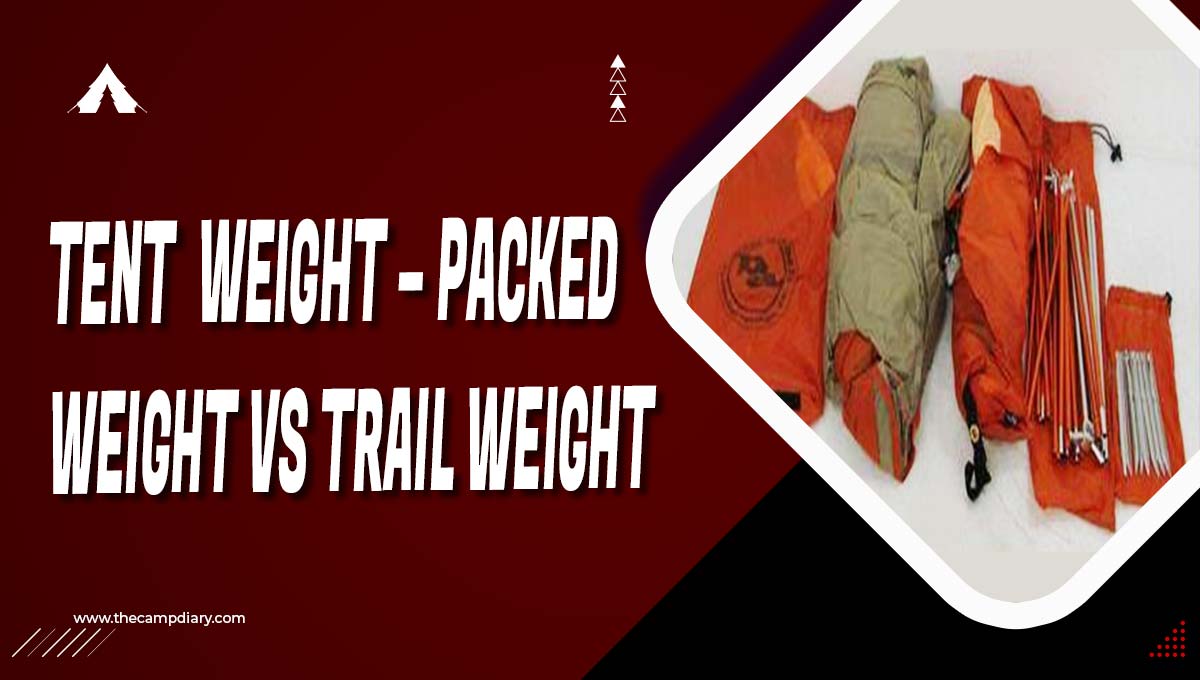Camping is a fun and exciting activity, but before you go, you need to make sure you have the right supplies. One of the most important items is a sleeping bag. But with all the different options on the market, how do you know which one is right for you? And more importantly, how much will it weigh?
In this blog post, we’ll break down the different factors to consider when choosing a sleeping bag, as well as provide some tips on how to keep its weight down. So whether you’re gearing up for your first camping trip or just want to switch to a lighter model, read on for all the info you need!
How Much Does The Average Sleeping Bag Weigh?
The average sleeping bag weighs about four pounds. However, this number can vary depending on the size of the bag and the materials used. For example, bags made with synthetic insulation tend to be heavier than those made with down. Additionally, larger bags weigh more than smaller ones.
Sleeping bags are an essential piece of gear for camping and backpacking, so it’s important to choose one that fits your needs. If you’re planning on carrying your bag long distances, you’ll want to choose a lighter weight model. On the other hand, if you’re primarily concerned with staying warm, a heavier bag with more insulation will be a better choice. Ultimately, the best sleeping bag is the one that strikes the right balance for you.
How Much Do Ultralight Sleeping Bags Weigh?
Ultralight sleeping bags are designed for backpackers who want to save weight and space in their packs. Most ultralight sleeping bags weigh between 1 and 2 pounds, and some even less than 1 pound. The lightest weight ultralight sleeping bags on the market typically have a temp rating of 30 degrees or lower, making them best suited for summertime backpacking trips.
For three-season use, choose an ultralight sleeping bag with a temp rating of 20 to 30 degrees. When choosing an ultralight sleeping bag, it’s important to also consider the type of insulation. Down is the lightest and most compressible insulation, but it’s also more expensive and less durable than synthetic insulation. Synthetic insulation is a good choice for wetter climates or if you plan on using your ultralight sleeping bag in a tent or other protected environment.
Both down and synthetic ultralight sleeping bags are available with various features like hoods, footboxes, and draft collars to further customize your sleep system. No matter what type of ultralight sleeping bag you choose, be sure to pick one that fits your backpacking style and matches the conditions you’ll most often encounter on your trips.
What Makes A Bag Heavy?
The three main factors that affect a sleeping bag’s weight are the type of insulation, the shell material, and the size. Bags with synthetic insulation tend to be heavier than those with down insulation. Additionally, bags made with heavier materials like nylon are usually heavier than those made with lighter-weight polyester. Finally, larger bags weigh more than smaller ones. You can read also How To Use Sleeping Bag Liner.
How To Choose A Sleeping Bag Based On Weight
Sleeping bags come in all shapes, sizes, and colors. But when it comes to picking the perfect one for your needs, weight is often the most important factor. After all, no one wants to lug a heavy sleeping bag around on their backpacking trip. Here are a few things to keep in mind when choosing a sleeping bag based on weight:
First, consider the temperature. If you’re planning on doing any winter camping, you’ll want a heavier sleeping bag that will keep you warm in sub-zero temperatures. If you’re mainly camping in the summer, on the other hand, you can get away with a lighter bag if you’re mostly camping in the spring and summer.
Second, think about the size. Heavier sleeping bags are typically larger, so if space is limited, you might want to choose a lighter bag.
Third, consider the materials. Some materials, like down, are heavier than others but offer better insulation. Finally, decide how important weight is to you. You can choose the warmer bag if you don’t mind carrying a little more weight with you. But if you’re trying to save every ounce, then choose a lighter bag and be prepared to bundle up at night.
How Much Do Double Sleeping Bags Weigh?
Sleeping bags come in all shapes and sizes, from ultra-lightweight models designed for summer camping to bulky expedition-worthy bags that will keep you warm even in the most extreme conditions. However, what is the weight of a double sleeping bag?
On average, a double sleeping bag weighs between 4 and 5 pounds. However, there is a wide range of weights depending on the type of bag and the materials used. For example, synthetic-filled bags tend to be on the heavier side, while down-filled bags are typically lighter. Also, it is important to consider the temperature rating of the bag, since warmer bags tend to be bulkier than cooler bags.
So, if you’re looking to save weight on your next camping trip, consider opting for a lighter bag. A ultralight model may not be as cozy as a heavyweight bag, but it will certainly be easier to carry!
Conclusion
So, how much does a sleeping bag weigh? It depends on the type of sleeping bag, but in general they range from 1-5 pounds. The weight also varies depending on whether you are looking for a summer or winter sleeping bag. As you can see, there is a lot to consider when it comes to choosing the right sleeping bag for your needs. Let us know in the comments section which factors are most important to you when purchasing a new sleeping bag!
Frequently Asked Questions
How much does a sleeping bag weigh in Oz?
There is no definitive answer as sleeping bags come in all shapes and sizes. However, on average, a sleeping bag weighs between 2 and 4 pounds. Additionally, the weight will vary depending on the type of insulation (synthetic or down), the shell material (nylon or polyester), and the size (small, medium, or large).
Is 4 lbs heavy for a sleeping bag?
No, 4 pounds is not considered heavy for a sleeping bag. In fact, many ultralight bags weigh less than 4 pounds. However, the weight of a sleeping bag can vary depending on the type of insulation, shell material, and size. So, if you’re looking for a lighter bag, be sure to consider these factors.
Is 3lbs too heavy for a backpacking sleeping bag?
It depends. If you’re planning on carrying your sleeping bag long distances, then 3 pounds might be too heavy. However, if weight is not a major concern, then a 3-pound bag should be fine. Additionally, the weight of a sleeping bag can vary depending on the type of insulation, shell material, and size.
How much should your sleep system weigh?
There is no definitive answer, as each person’s sleep system will vary depending on their needs. However, a general rule of thumb is that your sleep system (including your sleeping bag, pad, and pillow) should weigh no more than 2 pounds per person.
![How Much does a Sleeping Bag Weigh [2023]](/uploads/how-much-does-a-sleeping-bag-weigh.jpg)



![How Long To Percolate Coffee Camping - [Step By Detailed Step Guide]](/uploads/how-long-to-percolate-coffee-camping.jpg)
![How To Sleep In Your Car In The Winter [2023 Guide]](/uploads/how-to-sleep-in-your-car-in-the-winter.jpg)
![Know About The Best Time To Go Camping [2023 Detailed Guide]](/uploads/best-time-to-go-camping.jpg)
![18 Tips for Making Friends at Camps [2023 Detailed Guide]](/uploads/how-to-make-friends-at-camp.jpg)